Rugby
You’ve just got to be ready
I had always wanted to play rugby in Europe. I’d lived there when I first left school, on a gap year in the UK, and I’d really enjoyed touring France with the Wallabies.
So, I thought when my time at the Waratahs came to an end that’s where I’d go. I’d end up in a little town in France or England, having a pretty good time and playing some great footy.
But it didn’t turn out like that.
The offers that came in didn’t particularly interest me. For a while, it looked like I might be out in the workforce. I wasn’t ready to give up playing rugby, and enjoyed it at Sydney Uni, so that was an option – go to work and play for them.
Then I bumped into Scott Wisemantel, the attack coach for England, who used to be with the Waratahs; very well connected in the rugby world.
He suggested I go to the USA to play in Major League Rugby, which is how I ended up with the San Diego Legion for a season.
It appealed to me as something different to what I had already experienced. I wasn’t really chasing money from my last few years of rugby. I just wanted to enjoy the game for what it was.
All I’d ever wanted to do was play for the ‘Tahs and the Wallabies. And if I had my time again, I probably would’ve wanted to play with the Wallabies a few more times, but I was proud and humbled to play so many times for the Waratahs.
I liked the idea of living in the States, and I liked the idea of getting in at the grassroots of something, having a go and watching it grow.
Most of the guys in the competition are semi-professional, working half days or half weeks. Then for six months while the season’s going, they’re on the road and playing. I put it a step above Shute Shield and a step below Super Rugby.
San Diego was co-managed by Rob Hoadley, who had coached London Irish and Wasps and was part of the US coaching team. So, in terms of our programming structure and our strength and conditioner, we were really professional and it didn’t feel too dissimilar.
The biggest difference in the US was with the skillsets of the players. In Australia, despite where the game is at, I always feel we had a relatively highly skilled level of player. Guys who, from one to fifteen, can catch and pass and play a positive brand of rugby.
In the US, you have guys coming out of American Football where their job is to have one skillset and their ability to do other things is more limited than it is in Australia.
In Australia, if a guy can only hit the target with a left to right pass three times out of five, we’ll say he can’t catch and pass. In America, if you say a guy can’t catch left to right, he literally cannot do it. But that same guy, he can squat a house and bench-press a fridge.
In terms of professionalism in the club I was at, I was fortunate and it wasn’t as much of a step down as it would have been elsewhere.
There are other differences. We were flying to Toronto and to New York every now and again from the west coast. When you’re doing that, it’s a six-hour flight and they’re not paying for you to go up there for four days. You’re up the day before, back on the red-eye straight after.
We beat New York away this year after losing at home. It was a big win and the boys were excited, but we couldn’t go out in the Big Apple, just straight back home.
A long way from the bubble
I will go back to play in the US again at some point. At the moment I’m pretty focused on being here in Japan. I’m living in the south on an island called Kyushu and playing for Sanix, one of the few completely professional clubs.
I was here at the end of last season for the relegation playoffs when they needed a tight-head and I’d gotten a call from another old Tahs guy, Chris Webb, who is working with the JRU. I went over on my way to the States, we avoided relegation and once that happened, they invited me back.
It’s different again. There’s a big work ethic here and you have to treat it more like a job. You turn up at 7am or 8am and are there until 5pm.
It’s a relatively small country town, by Japanese standards. There are about 50,000 people here and no foreigners. No one speaks much English, like they do in places like Tokyo and Osaka so it’s a pretty raw Japanese experience, which has been awesome.

You have to know a bit of the language to get by. But it’s not just the language that’s causing me issues, it’s the pronunciation of it and my Ocker accent doesn’t help.
When I first got here, I was throwing out what I thought were Japanese words and the Japanese boys couldn’t understand me at all.
There’s a word ‘daijobou’. It kind of means ‘it’s fine,’ or ‘I understand’; what you would say when someone asks you if you know what’s going on.
It’s such a simple word and I was saying it all wrong. The boys would pretty much say it back how I’ve said it, and then just chuck a really Aussie ‘Maaaate’ on the end of it. “Dajayboo, Maaaaate.”
It’s been a great experience. Something very different. Pretty far removed from, I suppose, the sporting bubble that can be Sydney sometimes.
Learning the hard lesson
I feel a long way from home in Japan but I think the important thing is making sure you know what works for you before you get to a place like this.
I’ve found out the hard way that balance is key for me. I make sure I have things going on off the field; make sure I’m not bored when I get home and I’m doing things that are good for my soul.
That’s the kind of lesson you learn at the Waratahs. They’re good at making sure that everything is balanced.
I’ve played with blokes who have got family responsibilities, maybe it’s on a farm. Every time they’ve got a decent amount of time off, they’re shooting home and helping out there, or whatever.
At times, I let rugby define me. That was fine if I was playing well but at one stage I hit a bad bit of form.
Because I didn’t have anything outside of rugby to counter-balance, I didn’t have the right tools to deal with the situation.
It was almost like if I wasn’t playing good footy, I felt that meant I was a bad person. It was tough to deal with.
It becomes full-on and you don’t really know what to do. I leaned on my family a lot and then came out the other side.
It happens in different ways for different blokes. If it comes at a bad time for contracting, guys can be put out of the game. Fortunately for me, that wasn’t how it happened. I hit a bad bit of form, managed to stay employed by the Tahs and then came out the other side.
That’s just kind of how it was.
More about: Drought | International rugby union | Japan | Mental health | Super Rugby | Wallabies | Waratahs
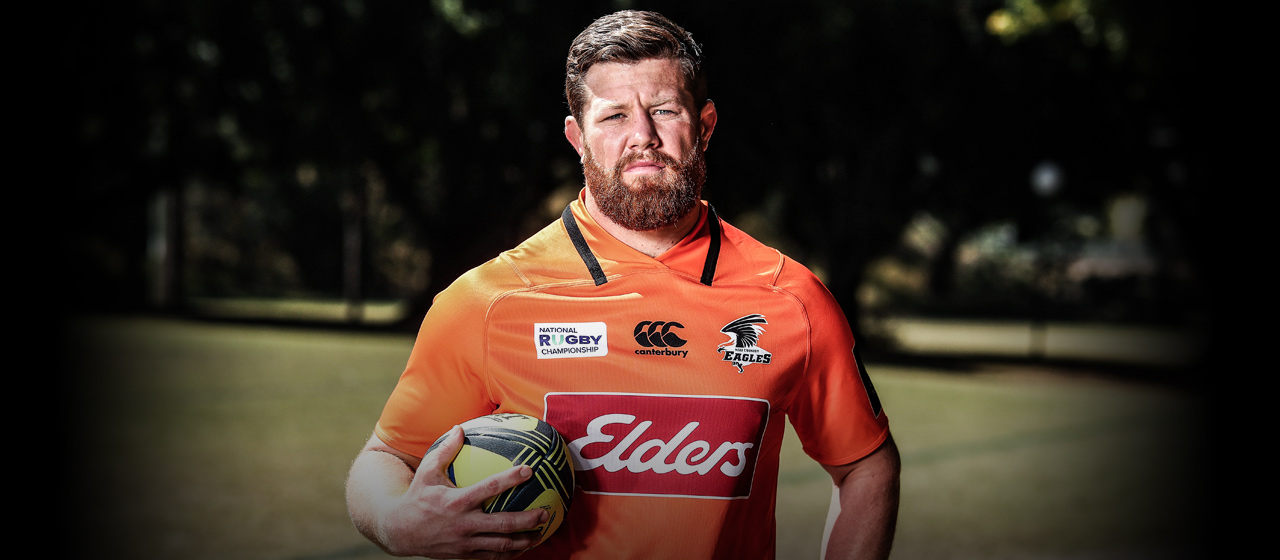
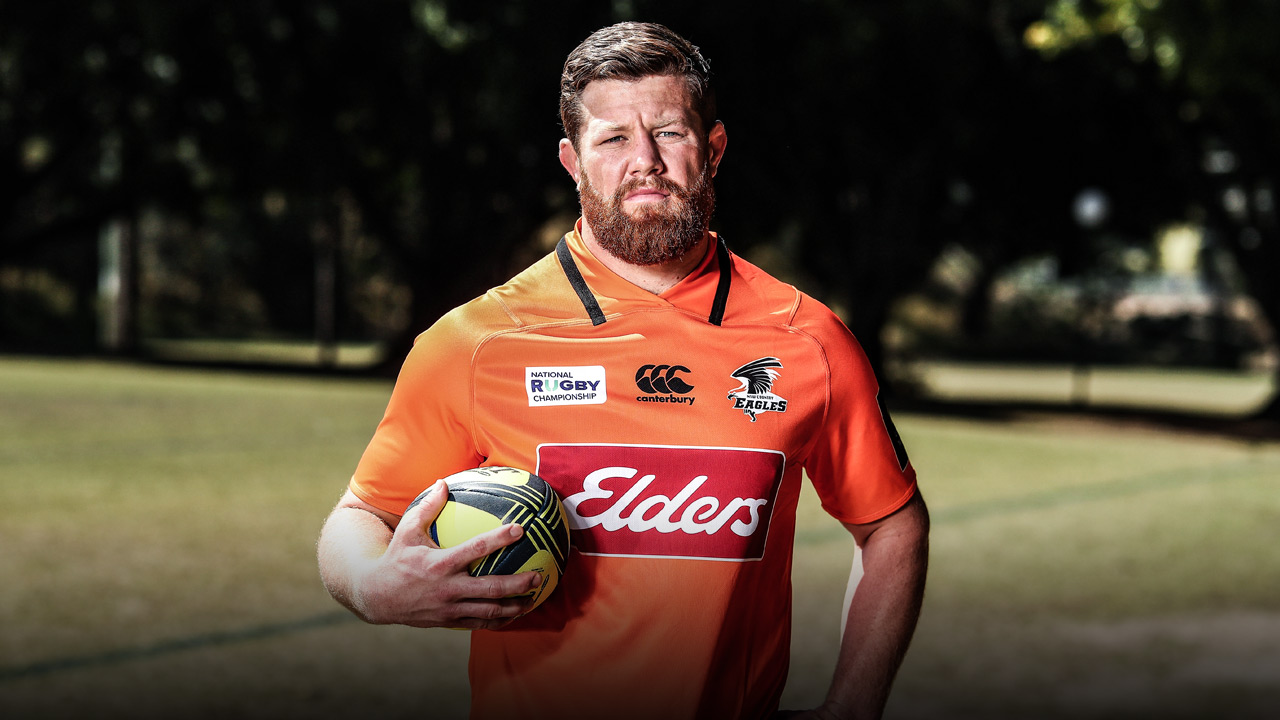
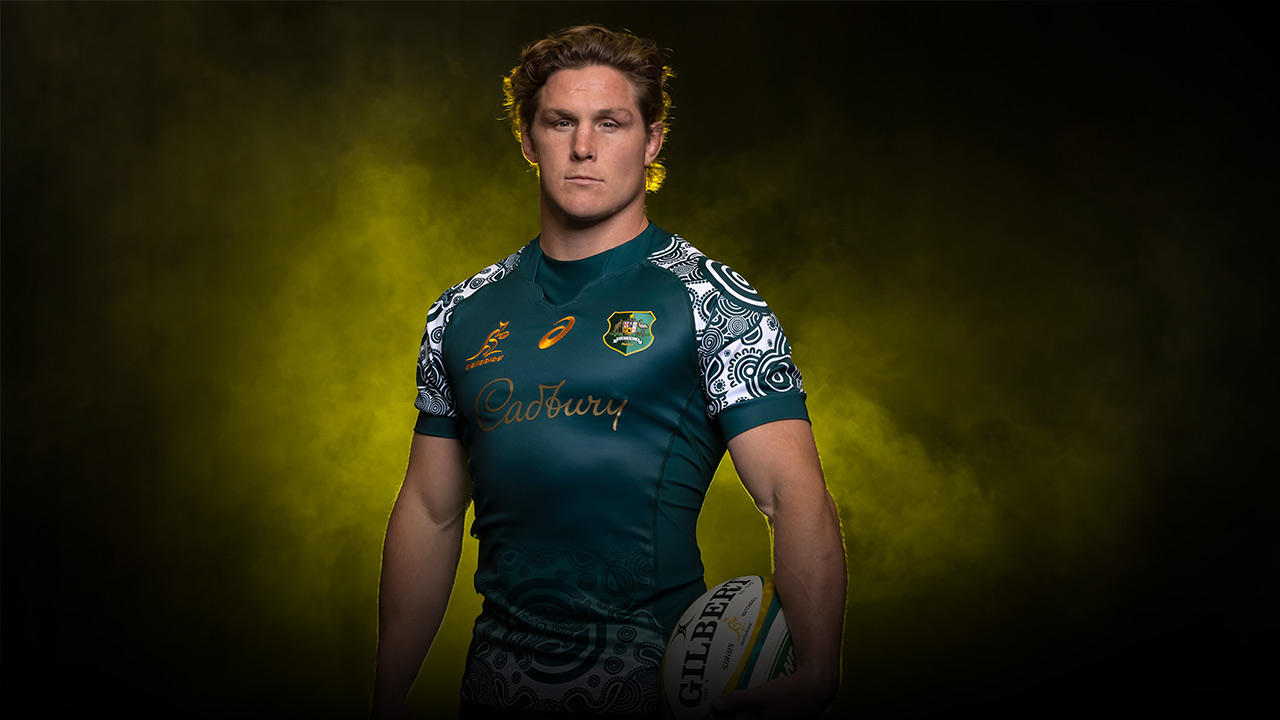
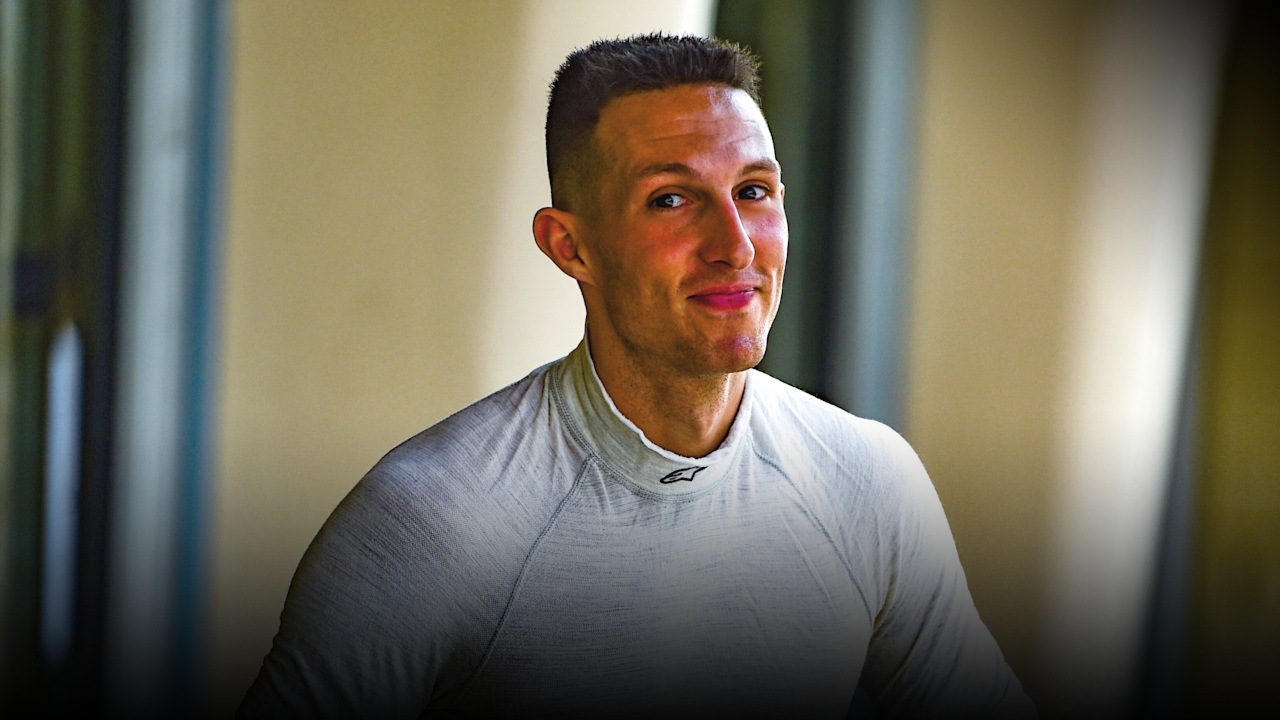
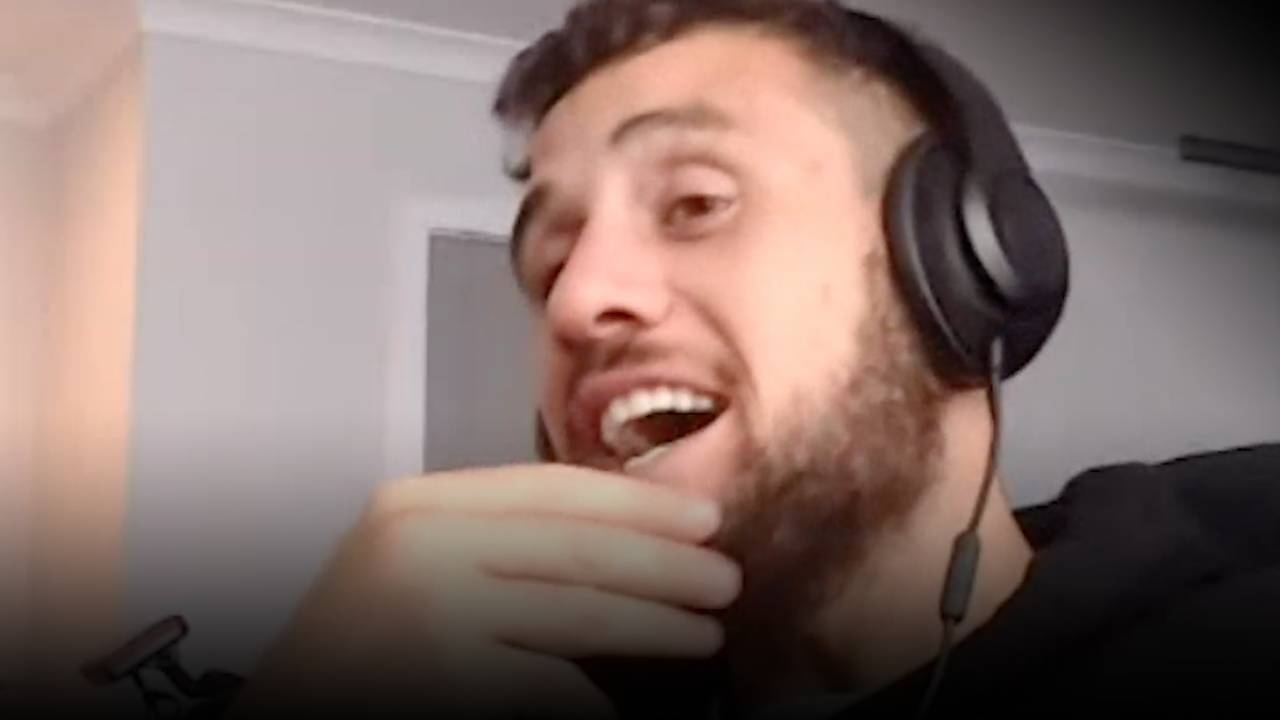
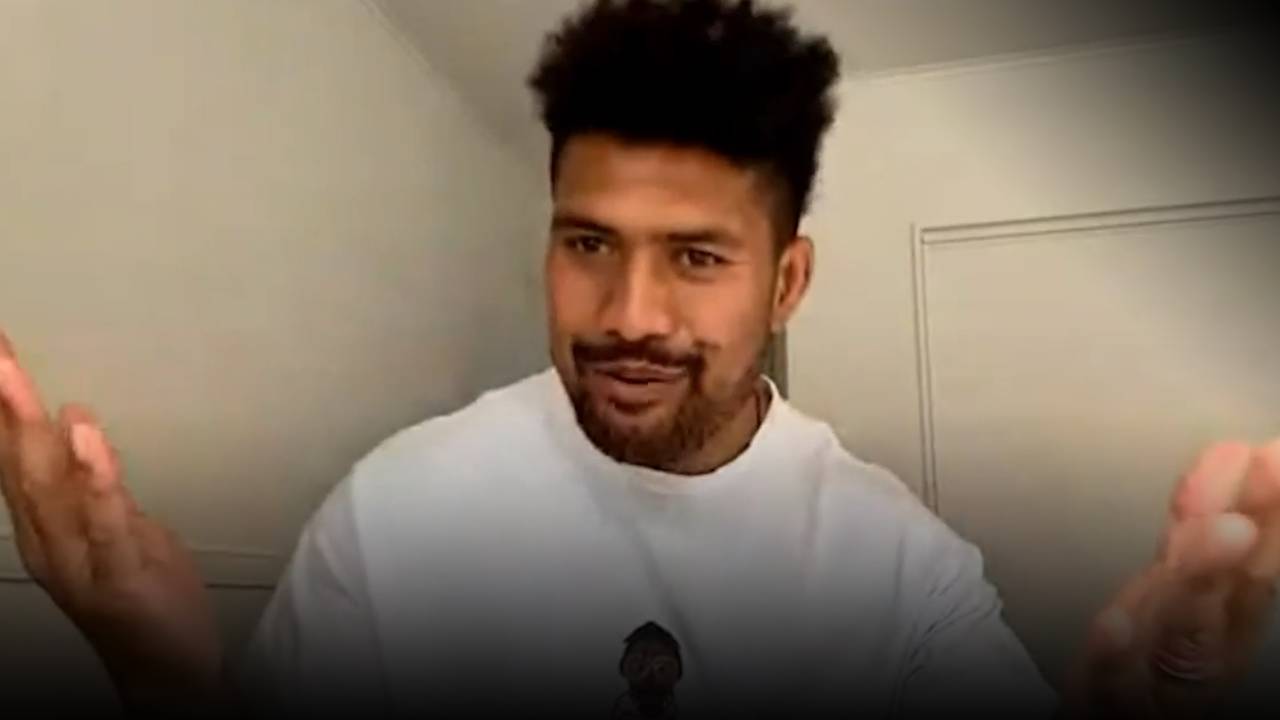
 Load More
Load More